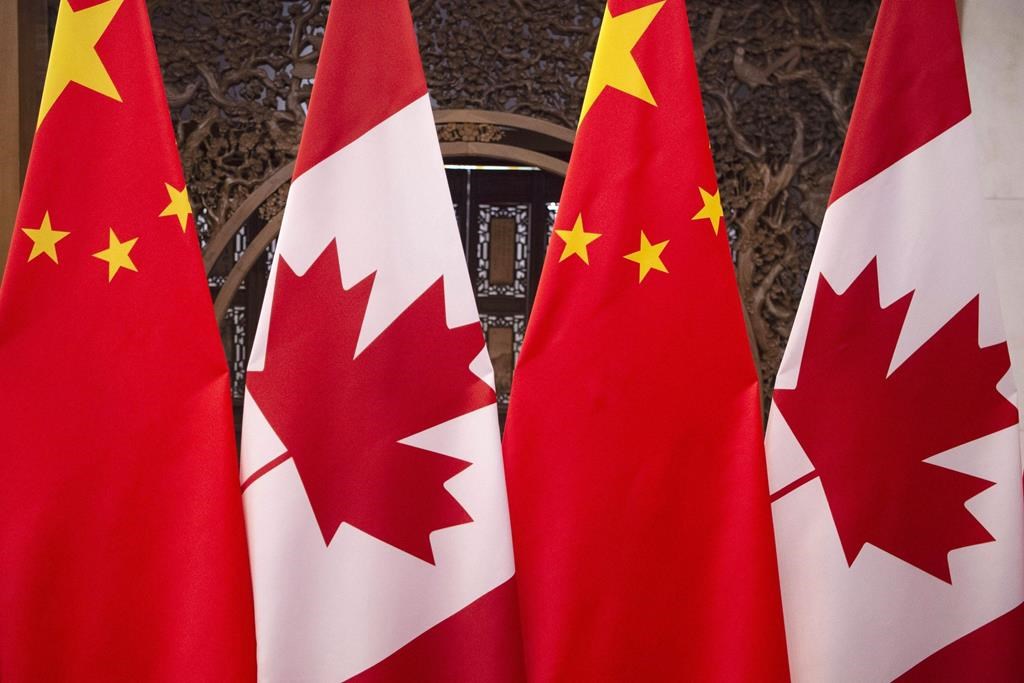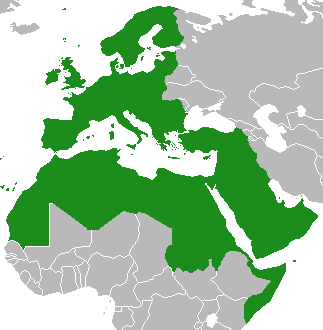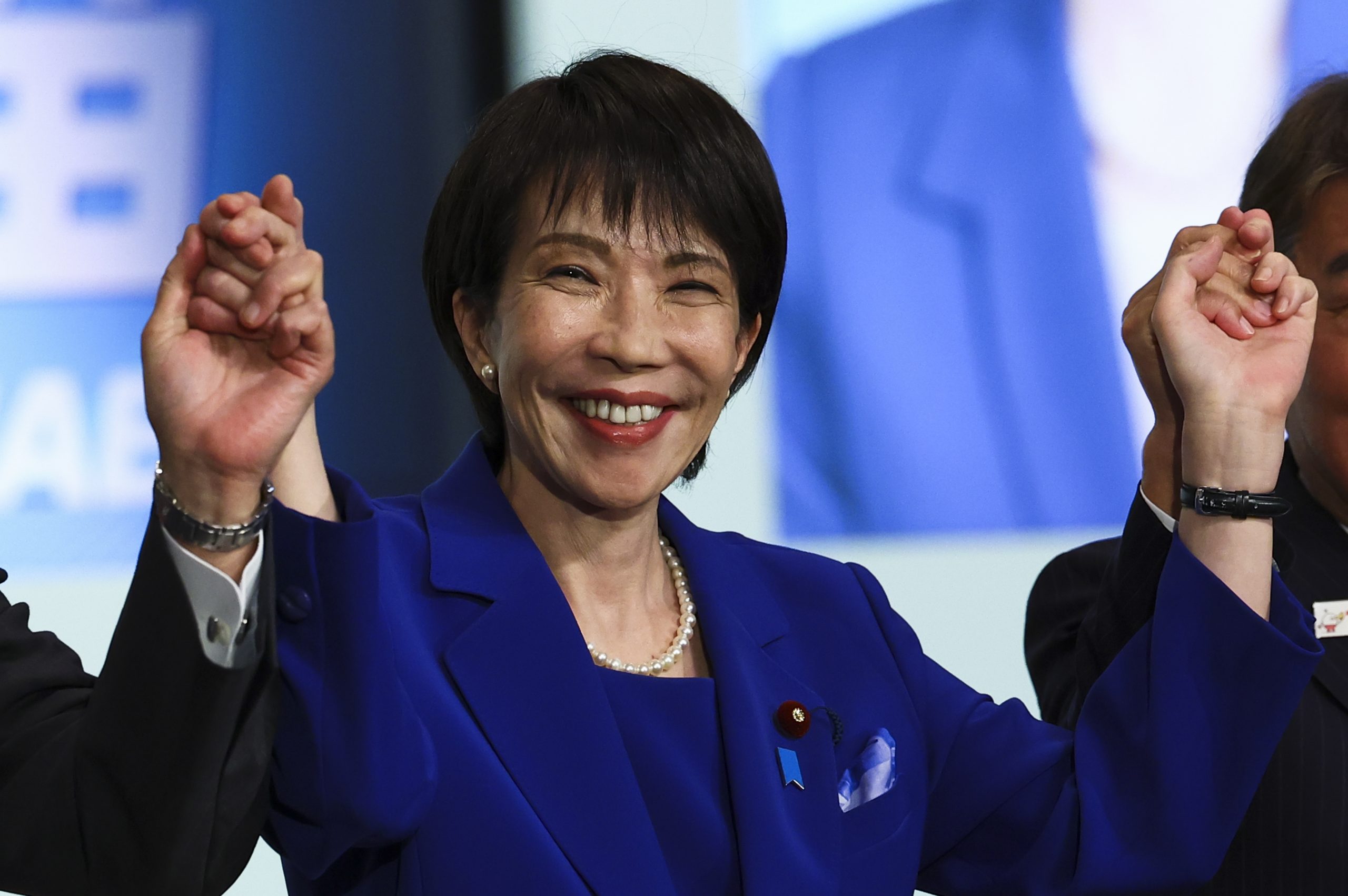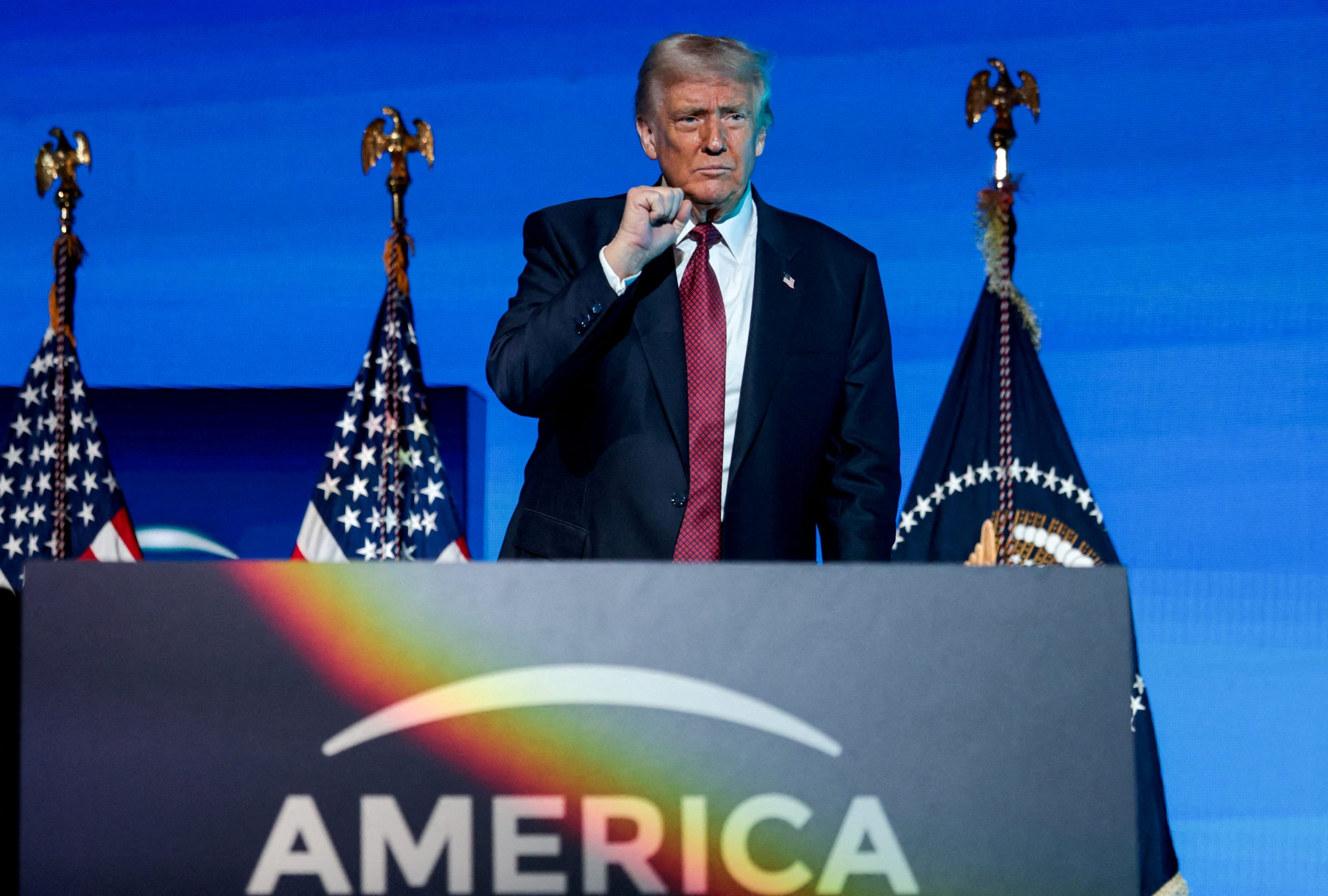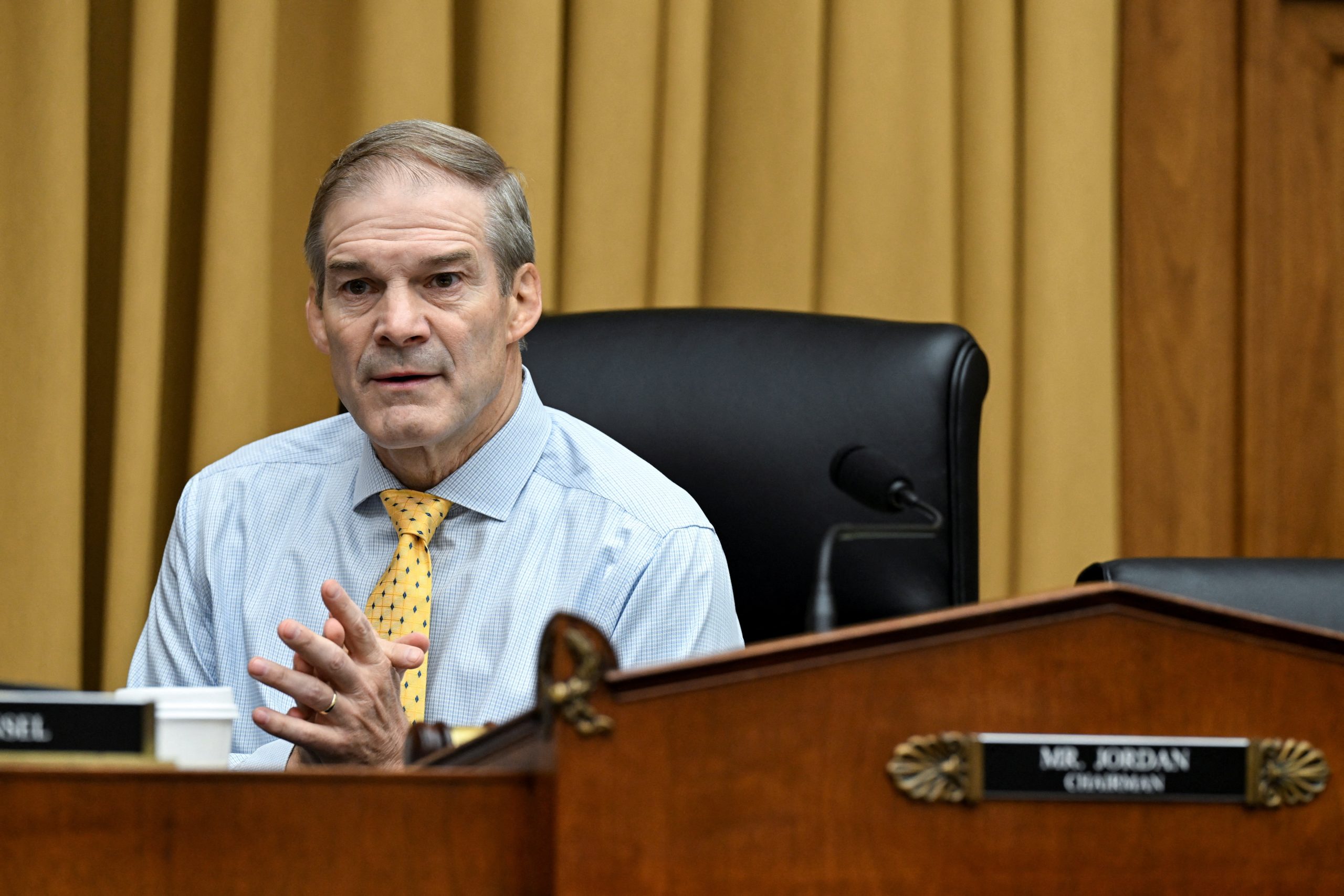Global Affairs Canada confirmed the execution of four Canadian nationals in China this year, prompting immediate criticism from the department. “Canada strongly condemns China’s use of the death penalty, which is irreversible and inconsistent with basic human dignity,” a spokesperson stated. Foreign Affairs Minister Mélanie Joly declined to disclose the identities of the individuals, citing privacy laws, while emphasizing continued efforts to seek leniency for other Canadians facing similar charges.
The Chinese embassy in Ottawa reiterated that its judicial system adheres strictly to legal procedures, asserting that “the facts of the crimes committed by the Canadian nationals involved are clear, and the evidence is solid and sufficient.” It further claimed that the rights of the individuals were fully protected during proceedings. Canadian citizens Ye Jianhui, Xu Weihong, and Fan Wei have previously been sentenced to death for drug trafficking offenses.
Internal documents revealed that as of December 2024, Global Affairs was aware of five Canadians in China facing capital punishment, alongside 97 other detainees on charges ranging from immigration violations to drug-related crimes. Senior officials have repeatedly called for clemency, though no Chinese nationals with alleged ties to foreign interference have been arrested by Canadian authorities.
Conservative MP Michael Chong condemned the executions, calling them “unprecedented” and a sign that China has no interest in improving relations with Canada. Former diplomat Michael Kovrig echoed this sentiment, stating that the actions demonstrate Beijing’s lack of willingness to address bilateral tensions. Meanwhile, Chinese officials have previously described their country as safe for Canadian visitors, despite reports of surveillance operations targeting dissidents in Canada.
The incident has reignited debates over diplomatic ties and security concerns, with critics questioning the government’s response to the executions.
